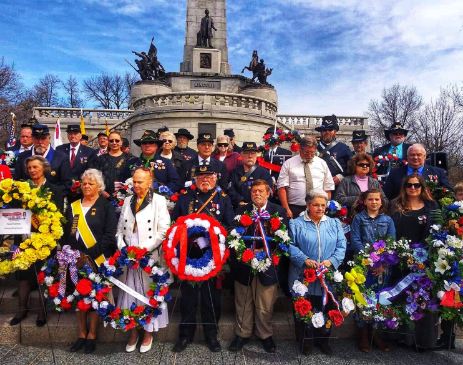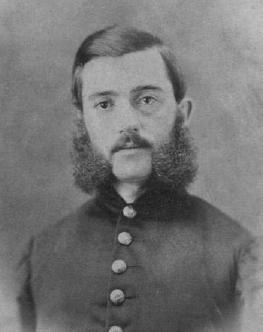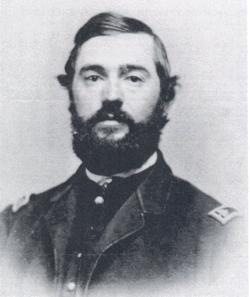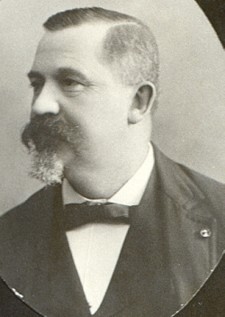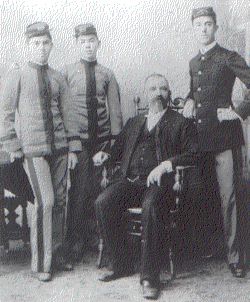William H Sinclair

Colonel William Henry Sinclair Colonel William Henry Sinclair was born at Akron, Ohio, on October 31, 1839. He was educated in the public schools of Michigan, his parents residing at Jonesville, of that state, and on the 30th day of May 1861, at the age of 21, he entered the federal army, enlisting as a private in Company C, Seventh Michigan Infantry. He was appointed corporal in the same company in July 1861; promoted sergeant major of his regiment August 12, 1861; promoted second lieutenant and assigned to Third Michigan battery of artillery September 9, 1861; promoted aide-de-camp on the staff of Brigadier General Stanley, in May 1862; promoted first lieutenant of Third Michigan infantry July 15, 1862; promoted Captain November 5, 1862, promoted major and assistant adjutant general of volunteers to date from May 8, commissioned colonel by brevet March 13, 1865, and promoted full Colonel May 12, 1865. He was engaged in the following sieges, skirmishes and battles of the Civil War:
Island No 10, March and April 1862
Corinth, May 1862
Iuka, September 19, 1862
Corinth, October 3 and 4, 1862
Stone River (at Murfreesboro, Tennessee), December 1862 and January 1863
Farmington, Mississippi, May 28, 1862
Franklin, Tenn., December 12, 1862
Manchester Pike (near Murfreesboro), January 6, 1863During two of these latter he enjoyed the sensation of having his horse shot from under him. He marched with Sherman to the sea. His bravery and ability won for him numerous recommendations from the leading generals of the army, for gallant and meritorious service while an officer. At the close of the war he was ordered with his army corps to Texas, and there filled positions of honor and influence up to the date of his muster-out, which was in 1867. So well pleased was he with that state that he decided to make Galveston his future home, which intention was fully carried out.
His ability as a leader was soon felt in his district and he was elected as a member of the Twelfth Legislature of Texas, where his executive ability was so clearly demonstrated that he became the champion of his party, and was elected speaker of the house. He was a warm personal friend and confidant of Governor Davis, and at the conclusion of his term was appointed collector of internal revenues, which position he held from May 1, 1873 up to the date of Cleveland's inauguration.
His first interest in street railroads was at Galveston in 1876, he become a stockholder in the company, which at that time controlled four miles of road and employed forty men. His confidence in the progress of the city and the development of this interest made him a prime mover in methods looking to improved service, and a better return than he or his associates were receiving, and he was elected a director, and on January 8, 1879, was elected president of the company, a position which he held continuously up to 1896. Success crowned his efforts. Although required to travel further than any other regular attendant upon the meetings of the American Street Railway Association, he was always present, took an active part, and served as second vice president.
He also was a member of the Military Order of the Loyal Legion of the United States, the Army of the Cumberland, the Grand Army of the Republic; an honorary member of the Busch Souaves of St. Louis, and was a leading Mason. Colonel Sinclair's wife died in the summer of 1895. Colonel Sinclair died on business trip in Rochester, New York January 11, 1897.
Photographs and information submitted by Colonel Sinclair's great granddaughter, Adrian Sinclair Balch.



